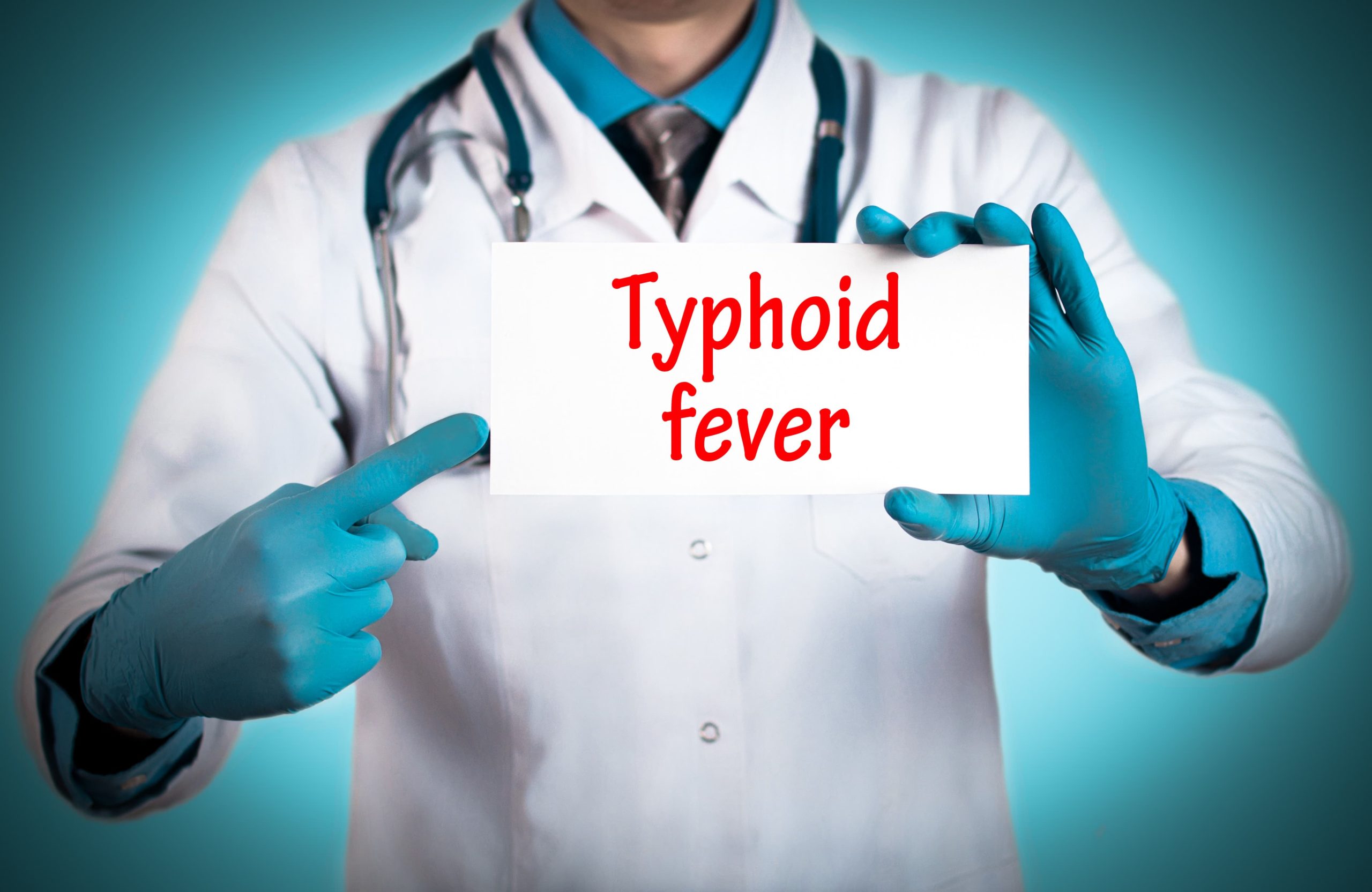Typhoid is a disease that is transmitted through ingestion of contaminated food or water that contains the bacteria Salmonella typhi.
Route of transmission
1. Oral transmission through contaminated foods and drinks.
2. Hand to mouth by using a contaminated toilet and then ignoring hand hygiene.
Signs and symptoms of typhoid
Tiredness, weakness, high-grade fever with chills
Diarrhea, appetite loss, abdominal pain
Nosebleed, severe headache, and sore throat
Slow heartbeat, rashes
Tests to diagnose typhoid
Complete blood count (CBC)
Stool culture test
Widal test
Treatment
Antibiotics like ampicillin, trimethoprim-sulfamethoxazole, or ciprofloxacin are generally prescribed by doctors. For fever and pain, the patient can be given analgesic and antipyretic.
Untreated typhoid may result -
a. Intestinal hemorrhage and perforation
b. Peritonitis
c. Kidney failure
Diet modification
1. Drink sufficient water, electrolytes, and fluid levels should be maintained.
2. Eat small meals at frequent intervals
3. The patient should take a high protein and fiber-rich diet, take soft diet (semi-liquid)
4. Spicy and fried foods should be avoided
Prevention
1. For acquiring short term immunity against the disease, oral and injectable vaccines are available
2. But the best measure is practicing hygiene and safe eating habits.
Unhygienic conditions are the main cause of typhoid. Thus, to prevent typhoid, do follow hand hygiene religiously in your daily routine.
Disclaimer: The content on this site is for informational purposes only, and should not be taken as professional medical advice. Always seek the guidance of your doctor or other health professionals for any questions you may have regarding your health or a medical condition.

 Unhygienic condition is the main cause of typhoid. By following hand hygiene, you can prevent the disease. Know about the symptoms, diagnosis, and treatment for preventive healthcare
Unhygienic condition is the main cause of typhoid. By following hand hygiene, you can prevent the disease. Know about the symptoms, diagnosis, and treatment for preventive healthcare





.jpeg)
.jpeg)
_(1).jpeg)

.jpeg)


.jpeg)
_(1)_(1)_(1).jpeg)
.jpeg)





.jpeg)

.jpeg)

.jpeg)
.jpeg)
.jpeg)
.jpeg)




